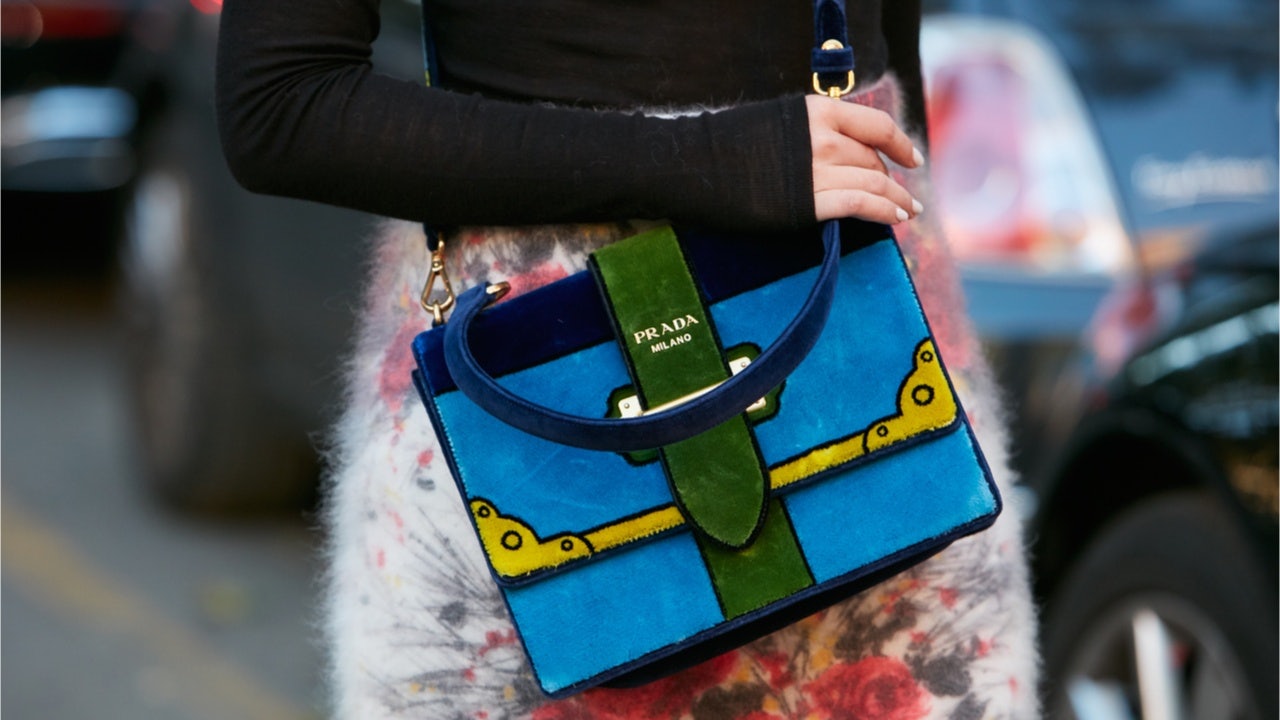China’s “social credit” system, which was first announced in 2014 and will effectively “rate” all individuals in China by next year, has been widely publicized around the world since its origin, garnering a mix of shock (at its dystopian nature) and awe (at how it could work with a billion people).
While Western observers tend to view the social credit system as “either Orwellian or as a live episode of Black Mirror,” as Wired recently put it, scholars in China tend to portray it “less as a dynamic number and more as an agglomeration of ‘blacklists’ that a person can fall into.” But despite how one feels about the social credit system and its focus on Chinese citizens, so far, foreign brands have mostly been out of its purview. Instead, brands have seen greater scrutiny in recent years from online mobs who are quick to unearth collections, social media posts, or comments by executives that “hurt the feelings of the Chinese people.” This forces public apologies from brands that want to stay on Beijing’s good side and keep their mainland Chinese stores in operation.
Now, there are signs that these public condemnations will eventually put brands squarely within the crosshairs of China’s social credit system. Last month, a report by the consultancy Sinolytics for the European Union Chamber of Commerce in China indicated that “corporate” social credit is coming for foreign brands, and a bad credit score could very well mean life or death in that market.
About the report, Wired stated, “Companies will have to deal with about 30 different ratings categorized according to their performance in sectors like environmental protection, tax and quality controls, which in total will be drawn from compliance records based on roughly 300 requirements. These ratings will cover areas such as tax, customs authentication, environmental protection, product quality, work safety, e-commerce, and cybersecurity.” While the report states that “the requirements and rating mechanisms are, in large part, clearly defined and can be assessed through detailed analysis,” the standard of what constitutes ‘detailed analysis’ is pretty high. The Sinolytics database of official documents states that a report “comprises several hundred documents published at the national level alone, and nearly 1,500 when including all relevant documents at provincial and local levels.”
Two questions remain about this plan — whether it will truly be implemented and what kind of effect it will have on business in China, particularly in the luxury sector. Since becoming China’s leader in 2012, Xi Jinping has made anti-corruption drives a key part of his agenda, starting with a major effort right at the beginning of his tenure. Xi’s early anti-corruption campaigns had a chilling effect on luxury watchmakers, winemakers, and brands with flashy logos, causing a period in which brands moderated their expansion efforts, pushed items with smaller or no logos in the China market, and increased their efforts to entice outbound Chinese tourists to shop abroad for themselves (rather than buying in China for gifting purposes).
Now, after years of rebuilding their fortunes in China with new stores and tentative signs of more domestic shopping, luxury brands could see another cold spell if the social credit system begins to apply to them in a meaningful way. Scrutinized taxes and employment practices are sure to increase at first, meaning brands will need to be legally cautious so as not to be called out in a very public way — something that Beijing is happy to do regularly.
As the Wired piece put it, “[The] Corporate SCS… allows the government to enforce compliance, not only on obvious metrics like tax, pollution, and quality controls but also to ensure companies toe the political line. It allows the government to appear to be creating a system open for foreign competition and investment, while not relinquishing the tools it uses to enforce ideological control in the country.” Observers have been quick to point out that the potential implementation of corporate social credit scores is just a digital evolution of what brands have already been adjusting to in China. Most luxury brands are aware that they’re always the first target if there’s a crackdown on “decadence” or if anti-corruption measures kick in, and they already act with caution in mainland China.
Brands largely stay out of the political fray (though they’re occasionally dragged into it) so they continue operations and expansion efforts. But expanding the social credit program to the corporate realm adds another layer of scrutiny under the guise that it will level the playing field for international brands since local Chinese businesses will be under the same digital microscope. In practical terms, this could be a bad thing for luxury brands as they’ll be even more open to getting called out (or blacklisted) for “violations” of ever-changing rules. The open questions then become myriad: Could a luxury brand see its social credit score drop in China because of a campaign in Europe that Beijing dislikes? Could Beijing penalize a Western brand for using a blacklisted celebrity brand ambassador? How much sway could this ultimately give the Chinese government in a brand’s future in the China market?
Like many highly publicized efforts in China, the corporate social credit program will most likely end up being implemented in a more subtle or smaller-scale way, as an “upgrade” to the current level of scrutiny put upon foreign brands. Yet brands should be wary about how much of a voice Beijing would prefer to have in their economic and marketing strategies going forward. If the recent events in Hong Kong are any indication, foreign brands could be entering a new phase in mainland China that makes the previous decade’s anti-corruption campaigns seem tame.

